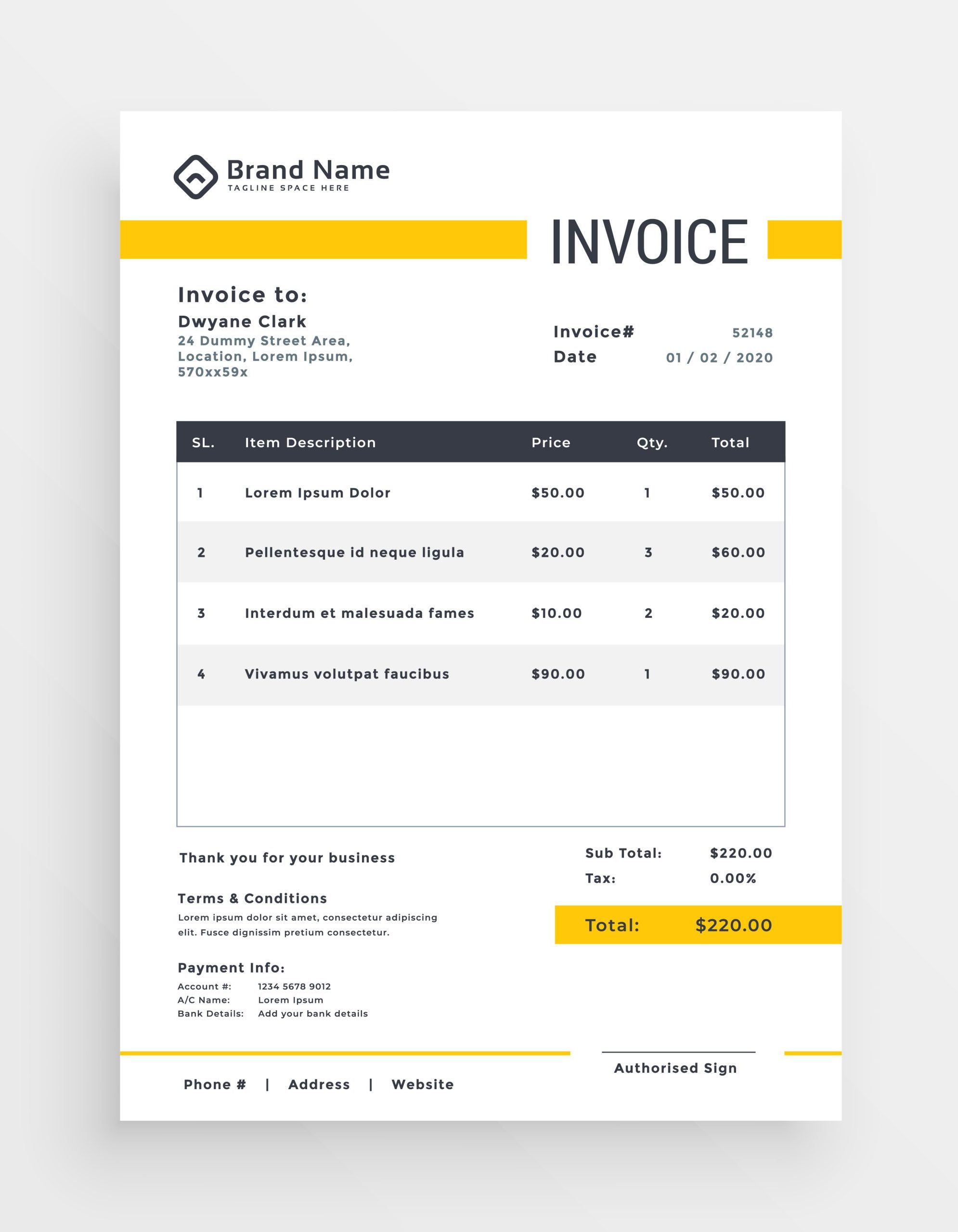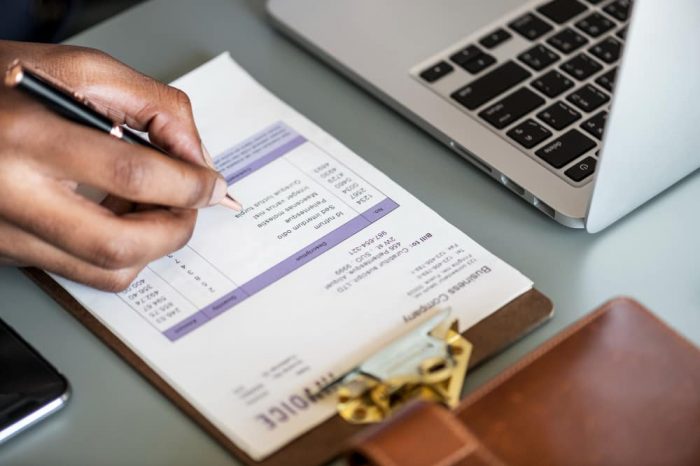Bill of lading
A bill of lading is a legal document that provides evidence of a contract of carriage between the shipper and the carrier. It is an essential document in international trade that serves as proof of ownership of goods, the terms and conditions of shipment, and the receipt of the goods by the carrier. Companies and businessmen must ensure that the bill of lading complies with international legal requirements, such as the Hague-Visby Rules or the Hamburg Rules, to avoid disputes and legal issues. In case of disputes, companies should seek legal advice to enforce their rights and claims under the applicable law.
Find best lawyers for Bill of lading
Issues related to Bill of lading
What should you consider?
There are a few key things to consider regarding your bill of lading (BOL). First and foremost, your BOL is a legally binding document, so you must take the time to understand it thoroughly before signing anything. Secondly, your BOL will list the shipped commodities and their weights and values. It’s essential to ensure that this information is accurate, as any discrepancies could result in delays or other problems down the line. Finally, keep a copy of your completed BOL for your records; you may need it later for reference.
When issuing a Bill of Lading, there are several essential things to consider to protect yourself and your shipment. Here are a few key things to keep in mind:
- Make sure the documentation is complete and accurate. The Bill of Lading must include all essential information about the shipment, such as the shipper’s and consignee’s names and addresses, a description of the goods being shipped, and the number of pieces being shipped. Errors or omissions can cause delays or other problems down the line, so it’s essential to get this right from the start.
- Choose your shipping method carefully. Depending on your shipment’s destination, mode of transportation, and other
What to do while facing a lawsuit:
You can do a few different things while facing lawsuits about the bill of lading. First, of course, you can consult with an attorney to get more specific advice, but some general tips include:
– Gather all relevant evidence and documentation related to the case. This includes paperwork related to the goods in question and any contracts or agreements you may have with the buyer or sender.
– Reach out to potential witnesses who could support your case and ask for their help. This may include the carrier who transported the goods, employees at the receiving company, or anyone else who may have relevant information.
– Be proactive in communication with the other party involved in the lawsuit. Keep track of all communications and document everything
There are a few things you can do to help improve your chances of success when facing lawsuits about the bill of lading. First, ensure you have a good lawyer familiar with maritime law and shipping contracts. Second, make sure you have a clear understanding of the contract and all its terms and conditions. Third, be prepared to argue your case in front of a judge. And fourth, always cooperate with the court and comply with all its requests. Following these tips will put you in a much better position to win your case.


The choice of the applicable law to the bill of lading:
You can choose the applicable law to the bill of lading. There are a few things to keep in mind when doing so, however:
- First, ensure that the country you choose has a reciprocal agreement with the country of origin for the goods being shipped. Make sure that you are familiar with the laws of both countries involved. This will help you ensure that your choice is advantageous for your company.
- Second, consider which country’s laws will favour you and your business. Third, consider the potential risks involved in choosing one jurisdiction over another. For example, if there is a risk of political instability in one country, it might be wiser to choose a different jurisdiction.
- Think about which legal system is more likely to favour your company. If unsure, it is always a good idea to consult a lawyer.
Latest Articles
Legamart Editorial
- August 18, 2022
Tell us more about your problem.
Please give a brief description about what it is you need to talk to our lawyers about ?
Frequently Asked Questions
How does a Bill of Lading work in international trade transactions?
A Bill of Lading is a document that serves as a contract between the shipper and the carrier of goods. It provides evidence that the goods have been received by the carrier, and it specifies the terms and conditions of the transportation of the goods. It is also used as a receipt of goods and a title of ownership. In international trade transactions, a Bill of Lading is an essential document for the transfer of goods between countries.
What are the legal implications of using a Bill of Lading for goods transported between the United Kingdom and China?
The legal implications of using a Bill of Lading for goods transported between the United Kingdom and China are governed by international conventions and national laws. The Hague-Visby Rules and the Hamburg Rules regulate the rights and obligations of the parties involved in the transportation of goods by sea. The Carriage of Goods by Sea Act 1992 and the Carriage of Goods by Sea (Amendment) Act 1998 govern the use of Bills of Lading in the United Kingdom. In China, the Maritime Code and the Contract Law provide the legal framework for the use of Bills of Lading.
How can I ensure that the Bill of Lading accurately reflects the goods being transported and the terms of the transaction?
To ensure that the Bill of Lading accurately reflects the goods being transported and the terms of the transaction, it is essential to carefully review and verify the information provided in the document. This includes verifying the description of the goods, their weight, quantity, and packaging, as well as the terms of the transaction, such as the freight charges, the place of delivery, and the terms of payment. Any discrepancies or errors should be immediately addressed with the carrier or shipper to avoid any potential disputes or issues.










